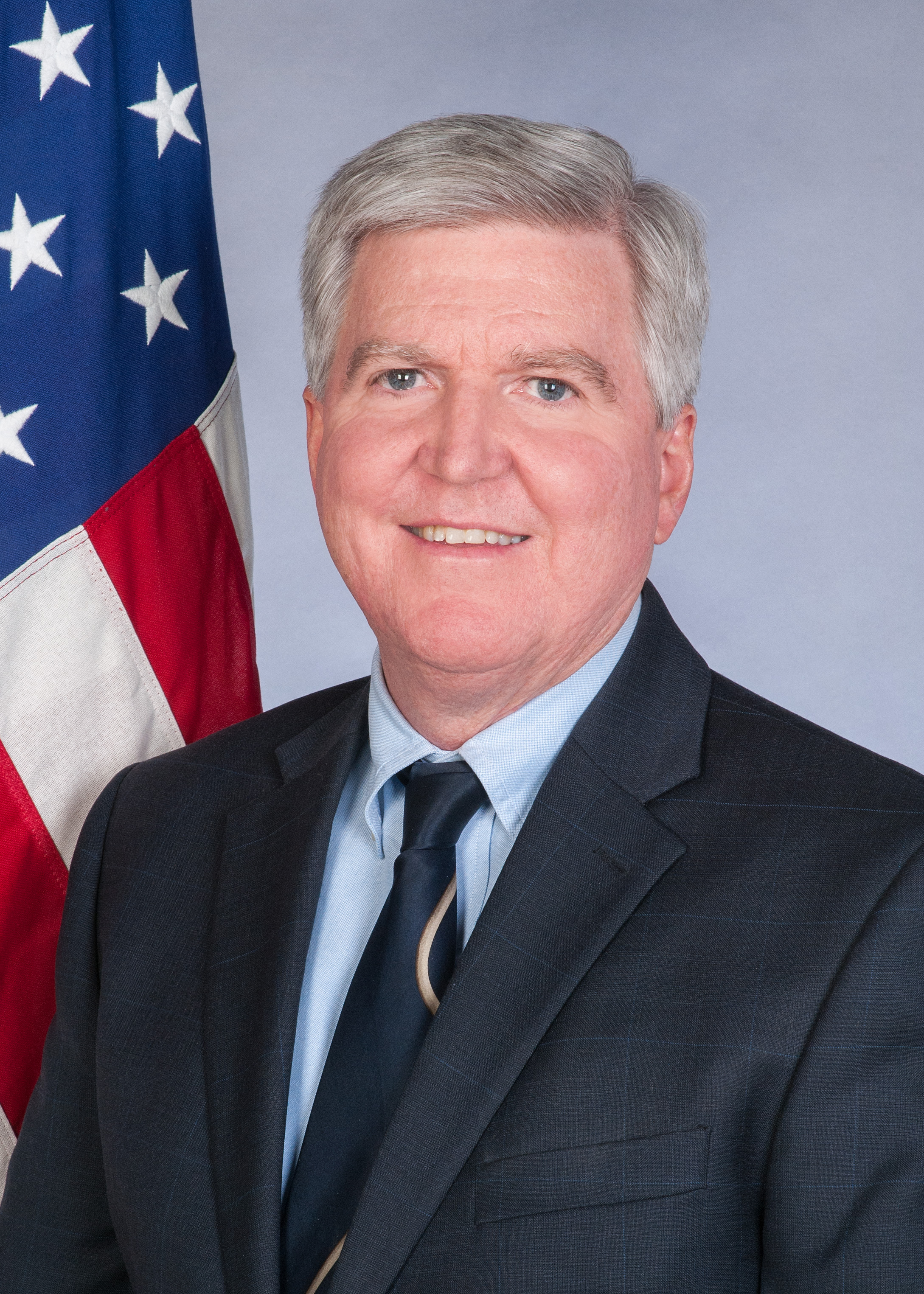Session 7: Balkans 360: Reassessing German and the US Engagement in the Western Balkans (in partnership with the German Marshall Fund of the United States, the George C. Marshall European Center for Security Studies, and the Balkan Trust for Democracy)
Discussion Points:
- How would you evaluate the state of transatlantic partnership between Washington and Berlin?
- What are the current priorities for the United States and Germany in their relations with the region?
- Where could new or refocused U.S.-German initiatives now make the greatest difference? What are the opportunities and challenges for fresh joint approaches?
Background:
In the period after the end of the conflicts in the Western Balkans the official policy of the United States and Germany were more or less on the same track – providing assistance to reforms in the region, which would lead to its Euro-Atlantic integration. This assistance, however, was always strongly connected to very strict conditionality concerning the common values of liberal democracy such as rule of law, market economy, free media, human rights and many more. This joint effort seemed quite successful since some of the Western Balkans countries, after several years long reforms process, became full members of NATO and the EU.
However, since the Russian military intervention in Ukraine in 2014, the Western Balkans has, together with the rest of Europe, been experiencing what many have dubbed “the grand return of geopolitics”. Russia, China and Turkey have been reasserting themselves in the region through a combination of economic and political initiatives; some very well thought out and prepared, such as China-led Belt and Road Inıtıative and the 16+1 format facilitating cooperation between China and countries of Central and Eastern Europe, and some less so.
Through their open rejection of the international order established following the end of the Cold War, as in the case of Russia, or their general readiness to offer new formats to the Western Balkans, these countries introduced a new set of values in the region, not rarely completely opposite to those of the Western world. Taken together, their initiatives have come close to rivaling those of the EU and the US in size and ambition.
What the above-mentioned initiatives do not do, however, is provide a framework for societal change that is desperately needed in a region left impoverished and underdeveloped. While integration to the European Union represents the most universally held goal and comprehensive long-term focus for reform, the United States and Germany are the two individual Euro Atlantic states with the greatest presence, interest, and influence within the region. Their coordinated engagement with partners in the region offers the best prospect for consolidating areas of recent progress as well as addressing both long-standing and emerging challenges.
But is this partnership as strong today as in the previous period? We are witnessing strong disagreements between the partners on many issues from trade, through the preserving of the nuclear agreement with Iran, environmental issues, migrations to, for the Western Balkans region maybe most important, solution of the negotiations between Belgrade and Pristina. The American readiness to back the agreement on border correction is quite opposite to the strong stand of Germany that borders in the region should not be changed.
This is why the time has come for reaching an agreement on American and German response to rising tensions in the region. Even short of a return of violent conflict, the potentially explosive combination of malign external influence, ethnic distrust, and frustration with crime and corruption threaten to prolong instability and are unlikely to remain contained within the region.
Selected readings:
- Jeffrey Mankoff, 7 July 2017, “How to Fix the Western Balkans”, (accessed 6 September 2018);
- Matthew Rhodes, 25 September 2017, “The Trump Administration and the Balkans”,(accessed 6 September 2018);
- Deidre Berger et al., 11 October 2017, “In Spite of It All, America”, (accessed 6 September 2018);
- Rosa Balfour and Gordana Delic, 12 February 2018, “Upgrading the Commitment to the Western Balkans”, (accessed 6 September 2018);
- Trivun Sharma, 5 May 2018, “The Bitter Reality of U.S.-German Relations”, (accessed 6 September 2018);
- Leonid Bershidski, 14 May 2018, “Why Germans are Getting Fed Up with America”, (accessed 6 September 2018);
- Stefan Kuzmany, 20 June 2018, “The Enemy in the White House”, (accessed 6 September 2018);
- Der Speigel Staff, 13 July 2018, “Trump Takes Aim at Germany and NATO”, (accessed 6 September 2018).
Previous BSF Sessions on Similar Topic:
2017 – NATO-Serbia Partnership Contributing to Western Balkans Security
2016 – Ten Years On: NATO, Serbia and the Partnership for Peace
2015 – Keeping NATO Strong and Relevant: What Priorities toward the Warsaw Summit 2016?




